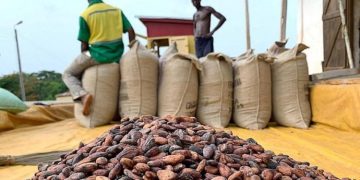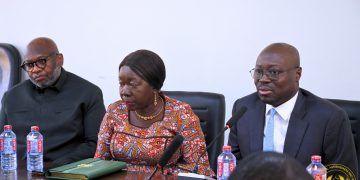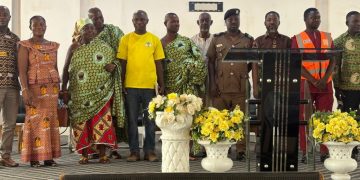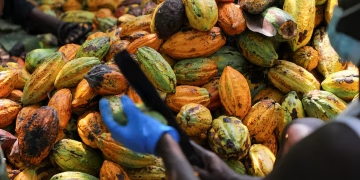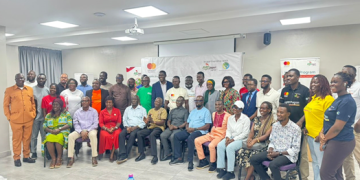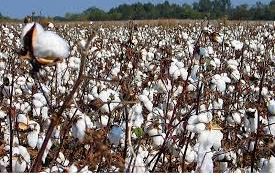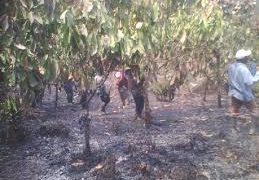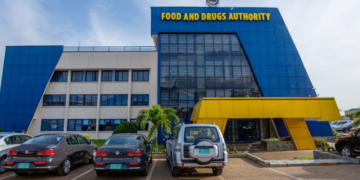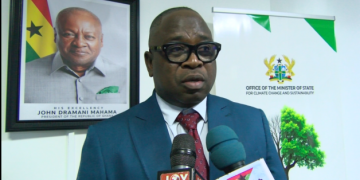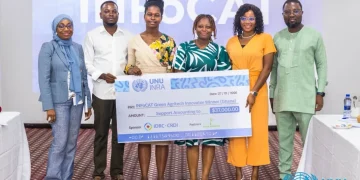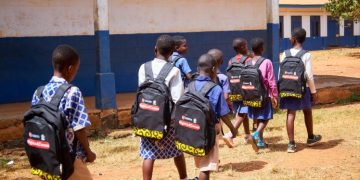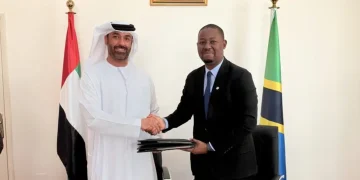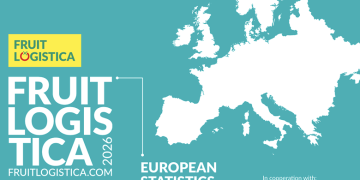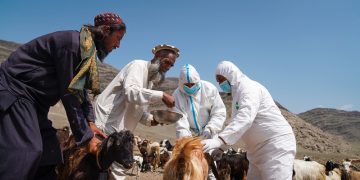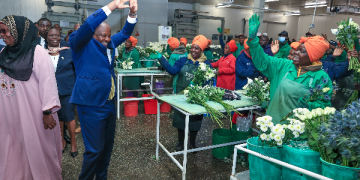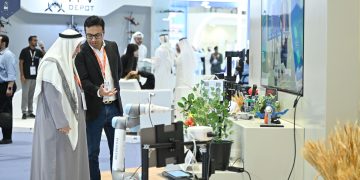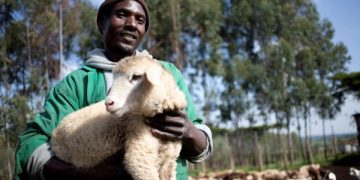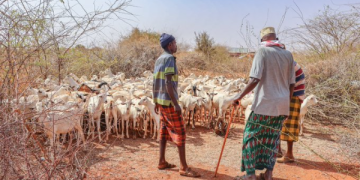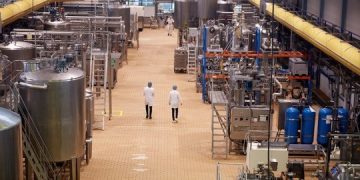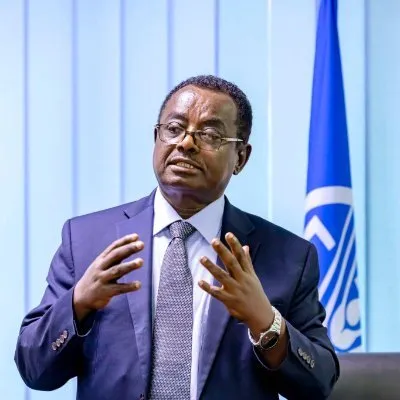The Food and Agriculture Organisation of the United Nations (FAO) has reiterated its commitment to promoting gender equity and women’s empowerment and participation in agrifood system transformation on the continent.
Underscoring the importance of women’s participation in agrifood systems of the sub-region and across Africa, FAO maintains there is no pathway to efficient, inclusive, resilient and sustainable agrifood systems without gender equity and empowerment of women and girls.
Speaking to women agri-enterpreneurs and dignitaries at a Regional Workshop and Awareness-Raising on Gender Equity in Agrifood Systems in Accra, Assistant Director-General and Regional Representative for Africa-FAO Dr. Abebe Haile-Gabriel says women continue to play integral roles in food systems globally.
The two-day workshop convened decision-makers, technical experts, civil society, farmers’ organisations and development partners from Ghana, Liberia and Sierra Leone to dialogue and advance policies guided by the CFS Voluntary Guidelines on Gender Equality and Women’s and Girls’ Empowerment (VG-GEWGE).
According to Dr. Abebe, women continue to face barriers in accessing land, finance, improved seeds, technologies, irrigation and extension services.
These constraints, he explained, are not only unfair but also economically costly and derail enthusiasm for women’s participation in food production.
A report by FAO on the Status of Women in Agrifood Systems, provides compelling evidence which shows that if women farmers had the same access to productive resources as men, the current 24 percent productivity gap could be closed.
Closing that gap, according to Dr. Abebe, would not only raise national GDPs but also reduce the number of food-insecure people significantly.
FAO interventions for deepening women’s participation in food systems
Across the continent, Dr. Abebe highlighted, the FAO is supporting governments to strengthen inclusive policies, apply gender-transformative approaches and generate gender-disaggregated data which can inform better decision-making.
According to him, the Organisation has since 2022 been implementing the Accelerator Mentorship Programme for Women-Led SMEs in partnership with International Agri-Food Network (IAFN) – an initiative that provides a one-on-one mentorship platform for women in agriculture.
Also, FAO has been in partnership with the Africa Risk Capacity Group to promote gender-responsive disaster risk reduction.
This collaboration, according to Dr. Abebe, helps countries design risk strategies that genuinely consider the unique vulnerabilities and capacities of women in the face of climate-related shocks.
“These examples show that progress is possible – and happening – but much more remains to be done. This is where the CFS voluntary guidelines for gender equality and women’s and girls’ empowerment become invaluable, as they provide coherent and practical framework to steer actionable recommendations on how to design, implement and monitor policies and programmes that close gender gaps in access to resources, services, opportunities and representation.”
In a keynote address, Executive Director-SWIDA Ghana, Hajia Alima Sagito-Saeed, asked agriculture stakeholders to implement policies that confront deep-rooted barriers which keep women on the margins of agriculture transformation.
She said Ghana can only be able to meet the SDGs if its agricultural policies are gender-responsive with chunks of resources – both political and institutional – being dedicated to empowering women farmers.
Coordinator-Feed Ghana Programme Mr. Bright Demordzi, who represented the Minister of Agriculture, said government is committed in empowering women to play vital roles along the agriculture value chain.
He mentioned government’s initiative that encourages cultivating home gardens and ‘Nkokor Nkitinkiti’ poultry as among the efforts targetted at women’s and young girls’ participation.
Source:thebftonline.com














